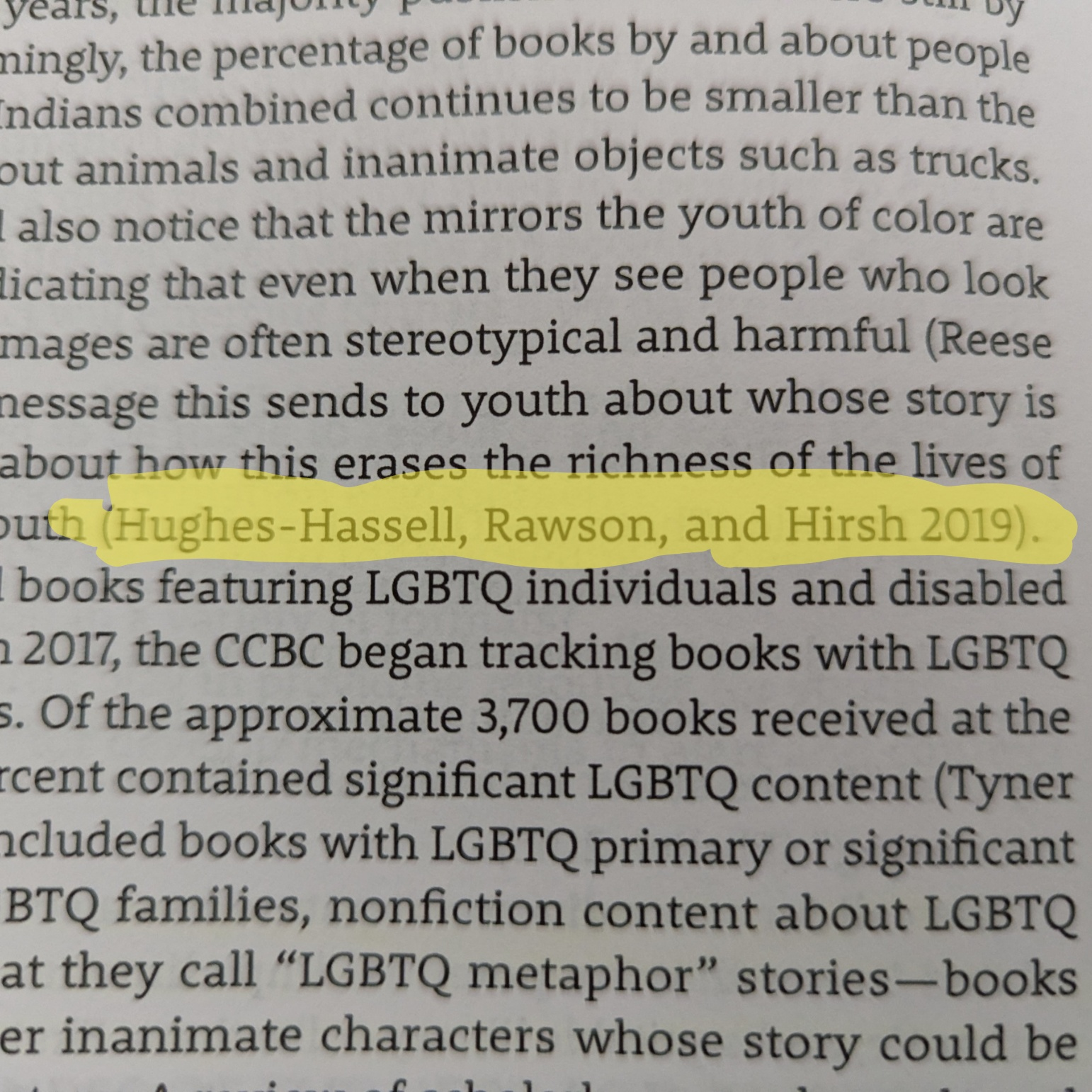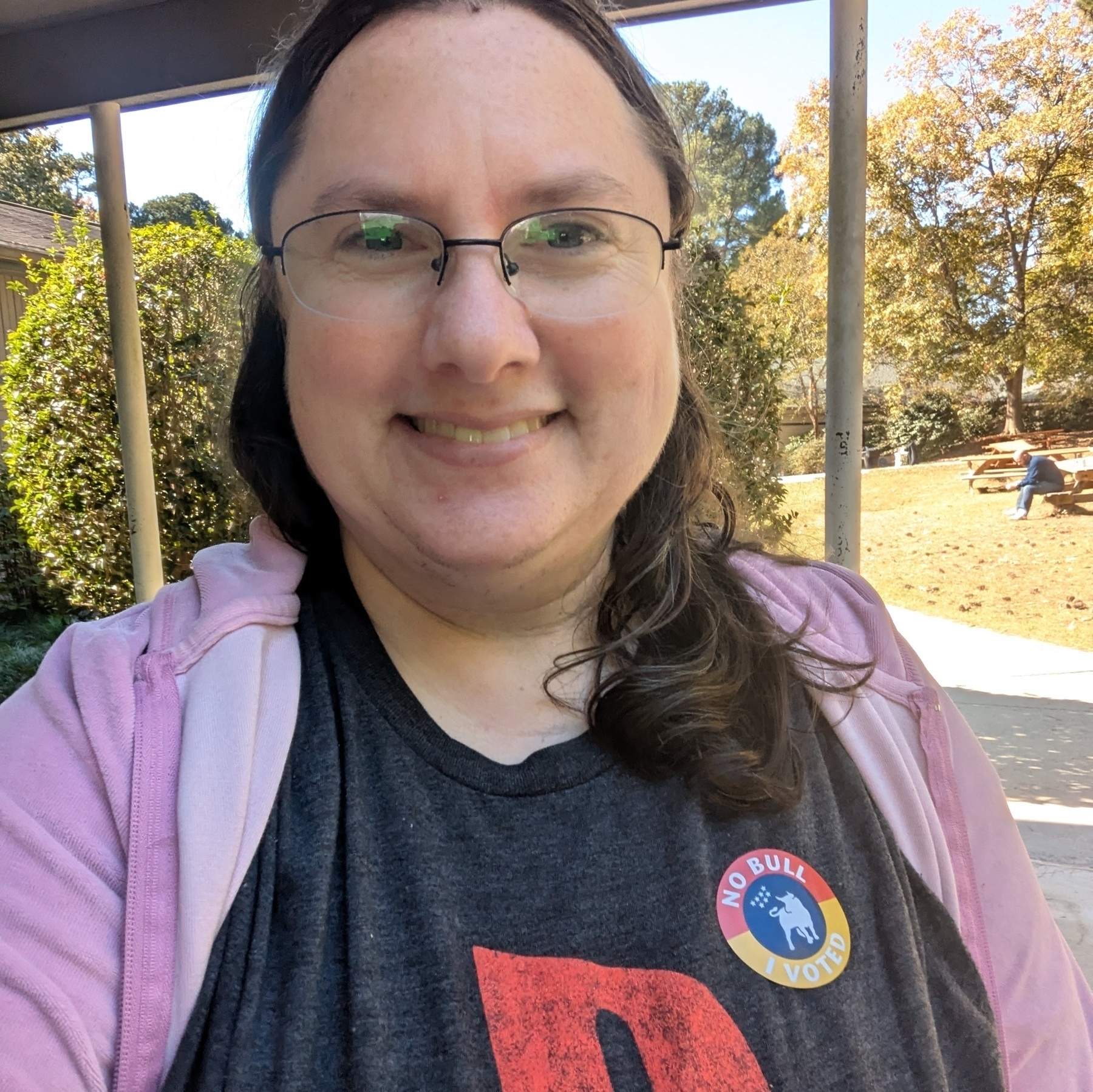🍿 I have watched more Hallmark and Hallmark-style autumnal movies:
- October Kiss
- Haunted Wedding
- You Cast a Spell on Me
The most fun thing with these is recognizing people who had recurring roles on shows you love.
🍿 I have watched more Hallmark and Hallmark-style autumnal movies:
The most fun thing with these is recognizing people who had recurring roles on shows you love.
💬📝 “The best writing is often done by persons who are snatching time from something else.” E. B. White

Finished reading: Captives of the Night by Loretta Chase 📚
So good. Loretta Chase knows the job. 🔥🔥🔥
I have voted. I have given to two giving circles aimed at moving state legislatures in the direction I want them to go. I am finding that even micro.blog is not doing great for my peace of mind in light of the US election. So I’m going to take a break from timelines.
That feeling when you’re cited in the book you’re reading to tell you how to do your job better.

🍿 Watched Autumn at Apple Hill.
I wanted made-for-TV Christmas movie vibes without succumbing to the early Christmas fervor, because I adore autumn and Halloween. So I hunted around and found Autumn at Apple Hill, which checks so many boxes for this kind of movie:
✅ adorable small family business
✅ event planning
✅ charming small hometown
✅ workaholic Suit Man
✅ save the place!
✅ neighborhood holiday Halloween party
✅ developers hotel chain
✅ charming hotel
✅ guy she went to high school with
Is it fine art? Nope. Does it get the job done? It sure does.
Unglamorous voting selfie!


Finished reading: You Had Me at Happy Hour by Timothy Janovsky 📚
Of course Timothy Janovsky can write a book that has incredible mental illness & neurodiversity rep, is adorable, and scorches, all at the same time. A very hot 🔥🔥🔥🔥, almost 🔥🔥🔥🔥🔥.